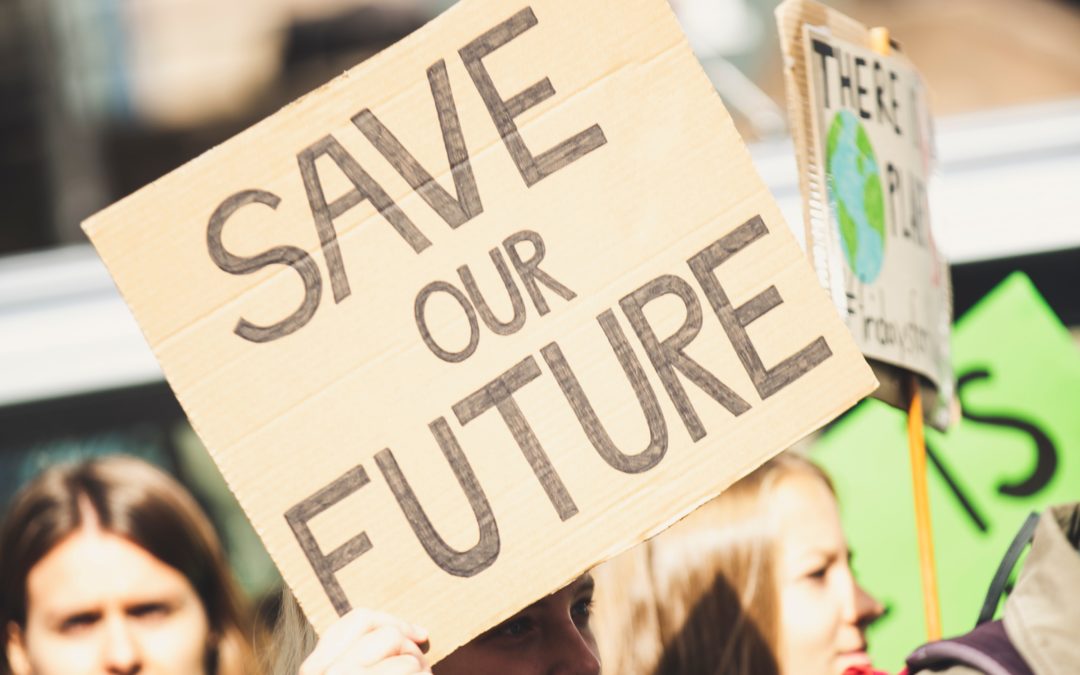It is your moral duty to make things better. These are the words of fifteen-year-old Greta Thunberg, the young woman who captured the world’s spotlight with her protest on the steps of the Swedish parliament building. Her demands; a radical change of government policy to help reverse the trends of climate change.
While you may not agree with her cause, you can admire her gumption and commitment to the issues she believes in.
Eight things that strengthen our actions
We know that reality is chaotic. Disruptive things happen without warning. Sometimes the world makes so little sense that we convince ourselves there is nothing we can do to contribute.
But the opposite is true. Each one of us can alter these conditions in the way we influence those around us. The sum of our individual efforts can change the world.
Greta’s challenge to accept our moral responsibility brings to mind the eight important layers that are the foundation of her belief,
1) We were born with a purpose to help create a greater good. The primary reason for our existence is to find this purpose and spend our energy on what it calls for.
2) A Higher Consciousness gave us our life experiences to teach us important life lessons. We can grow from them and become more discerning about our choices that help our global community.
3) One cannot make things better if you don’t value yourself and others.
4) Every person was born with all the tools they need to handle the life challenges that come their way.
5) We are called to be joyful about life and to add to the delight and abundance to the experiences of others.
6) We have the right to stand up for what we believe in.
7) We can only create a better world through kindness, generosity, acceptance and peacefulness.
8) The outcomes of hatred, revenge and violence are death and destruction.
These things are key to our fulfillment, enlightenment and joy.
The value of consequences
Greta’s parents appear to handle their daughter’s outspokenness well. Although they agree with her right to protest, they chose not to support her desire to miss school so she could sit at the steps of parliament. They required of her to maintain her grades if she wanted to continue exercising her right to speak truth to power.
Greta adjusted, she went to school four days a week and spent Friday’s trying to get the attention of her elected officials.
The lesson in this example is that consequences are an important part of life. They help to define the value of our actions. Without personal cost, taking action is easy, but our commitment to a cause is born when we understand the sacrifice and still pursue that ideal. Greta’s parents taught their daughter a great lesson about duty to her moral obligation.
Conclusion
It is heartwarming to see this young woman already in touch with her true calling. It took me until my forties to understand what she already knows at fifteen years of age; we are here to help create a greater good. She gives me hope for the future of our world and our species. In times of darkness, it is important to remember that all is never lost.
Photo by Markus Spiske on Unsplash






